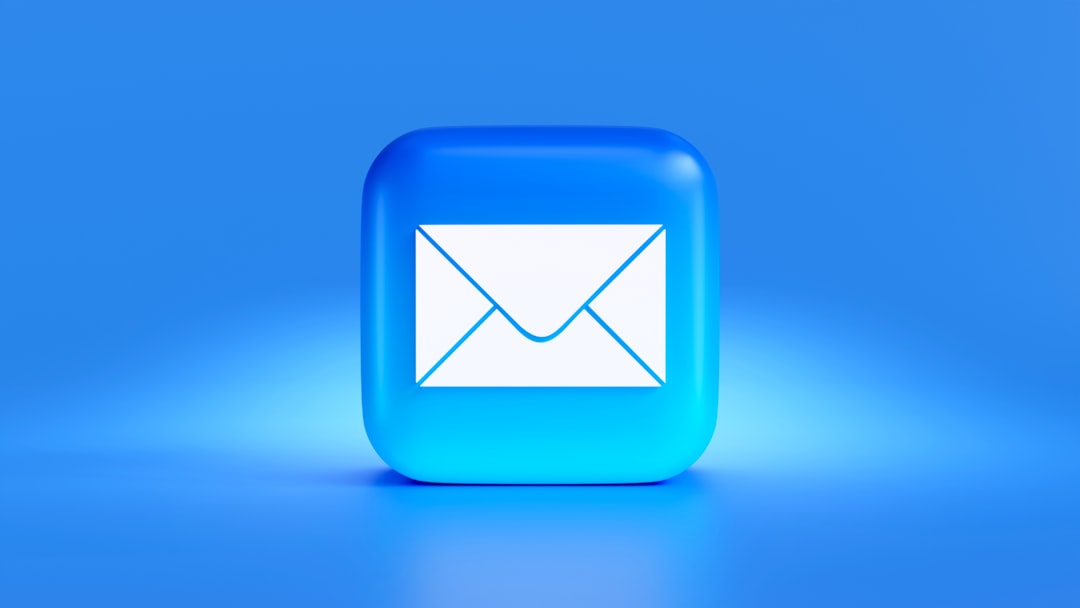In a world where privacy is becoming increasingly important and customization is highly valued, relying entirely on mainstream email platforms like Gmail may no longer be ideal for many users. Whether you’re concerned about ad tracking, data privacy, or simply want a more efficient interface, 2025 is a great time to explore Gmail alternatives that are modern, secure, and highly functional. Below, we explore the seven best Gmail alternatives that can help you upgrade your inbox experience this year.
Table of Contents
1. Proton Mail — Best for Privacy
Proton Mail is a Swiss-based email service that takes privacy and encryption seriously. Unlike Gmail, Proton Mail does not track your emails or profile you for advertising. It features end-to-end encryption, ensuring that only you and your recipient can read your messages.
- Pros: Strong encryption, no ads, Swiss privacy laws
- Cons: Limited free storage, not as feature-rich as Gmail
With a sleek mobile app and robust spam filters, Proton Mail is ideal for users who prioritize security above all.

2. Zoho Mail — Best for Business Users
If you’re looking for a business-oriented Gmail alternative with integrated productivity tools, Zoho Mail is an excellent option. It offers a clean, ad-free experience and comes bundled with features like document collaboration and team chat via Zoho Workplace.
- Pros: Comprehensive suite for business, custom domains, excellent uptime
- Cons: Steep learning curve for new users
Zoho Mail’s free tier includes 5GB of storage and a shared calendar, making it an appealing choice for small teams and solo entrepreneurs.
3. Tutanota — Best for Open-Source Enthusiasts
Tutanota is another privacy-conscious Gmail alternative, but with an open-source twist. Designed in Germany, it offers end-to-end encryption and an encrypted calendar, ensuring total data confidentiality, even from the service provider itself.
- Pros: Open-source, encrypted calendar, eco-conscious servers
- Cons: Interface is minimalistic and lacks some advanced features
Tutanota continues to grow its user base in 2025, especially among those who care deeply about digital rights and sustainability practices.
4. Outlook (Microsoft) — Best for Microsoft Users
Microsoft Outlook has evolved far beyond its original corporate email roots. Today, it offers a highly polished user interface, smooth integration with Microsoft 365, and powerful organizational tools that rival Gmail’s smart inbox features.
- Pros: Integration with Microsoft Office, robust spam filters, large storage capacity
- Cons: Ads in free version, less emphasis on privacy
For users already embedded in the Microsoft ecosystem, Outlook is a logical and seamless alternative to Gmail.
5. Fastmail — Best for Speed and Simplicity
Fastmail shines with its minimalist design and blazing-fast performance. Based in Australia, it doesn’t scan your emails for advertising purposes and offers features like masked email addresses and excellent filtering rules.
- Pros: Ultra-fast, great support, powerful customization
- Cons: No free tier, interface can feel too basic for power users
If you’re a fan of keyboard shortcuts and streamlined workflows, Fastmail should be at the top of your list in 2025.

6. Mailfence — Best for Encrypted Collaboration
Mailfence offers a secure email platform combined with collaboration tools such as calendars, cloud storage, and group management. Headquartered in Belgium, it adheres to strict European privacy laws and offers OpenPGP-based end-to-end encryption.
- Pros: Encryption with key management, no ads, collaborative tools
- Cons: UI could use improvements, limited mobile app features
This Gmail alternative is perfect for professionals and activists who deal with sensitive communications and documents daily.
7. StartMail — Best for Custom Email Address Control
StartMail was created by the makers of Startpage, the privacy-focused search engine. It allows users to create unlimited disposable email addresses and relies on the strong privacy laws of the Netherlands.
- Pros: Full control over email aliases, no tracking, intuitive UI
- Cons: Limited integration with third-party apps
StartMail doesn’t offer a free tier, but the premium features are particularly valuable for users who frequently manage various online identities.
Why Look Beyond Gmail?
While Gmail is powerful and widely used, it comes with trade-offs. Your data may be scanned for ad personalization, and its ecosystem limits the integration of outside innovations unless they are Google-approved. Exploring alternatives gives you the freedom to choose an inbox that aligns better with your priorities—whether that’s privacy, speed, business collaboration, or customization.
Factors to Consider When Choosing an Email Provider
Here are some essential criteria to help you decide which Gmail alternative is best for your needs:
- Privacy and Security: Do you need end-to-end encryption or open-source transparency?
- Features and Integrations: Will you require additional tools like calendars, cloud storage, and task management?
- Interface and Usability: Is a intuitive and fast user experience important to you?
- Price: Many providers offer free tiers, but the most secure often charge a premium.
- Support: Do they offer real human support in case something goes wrong?
The Verdict: Which One Should You Choose?
There’s no one-size-fits-all answer when it comes to email. Here’s a quick summary to help guide your decision:
- Proton Mail: For maximum privacy and zero ads
- Zoho Mail: For business users needing collaboration tools
- Tutanota: For open-source and eco-conscious users
- Outlook: For professionals already using Microsoft 365
- Fastmail: For speed-loving minimalists
- Mailfence: For secure collaborative environments
- StartMail: For anonymous browsing and advanced alias control
As 2025 continues to emphasize digital autonomy and personal data control, finding the right Gmail alternative can give you peace of mind and a more productive digital space. Whether you’re making the shift for security, productivity, or principle, these platforms represent the best in modern email communication.

It’s time to reclaim your inbox! Explore these platforms today and find a service that supports your lifestyle and values without compromise.




